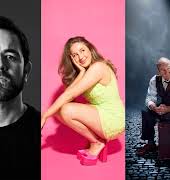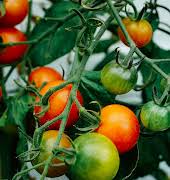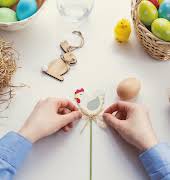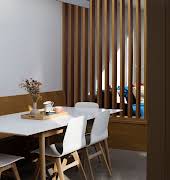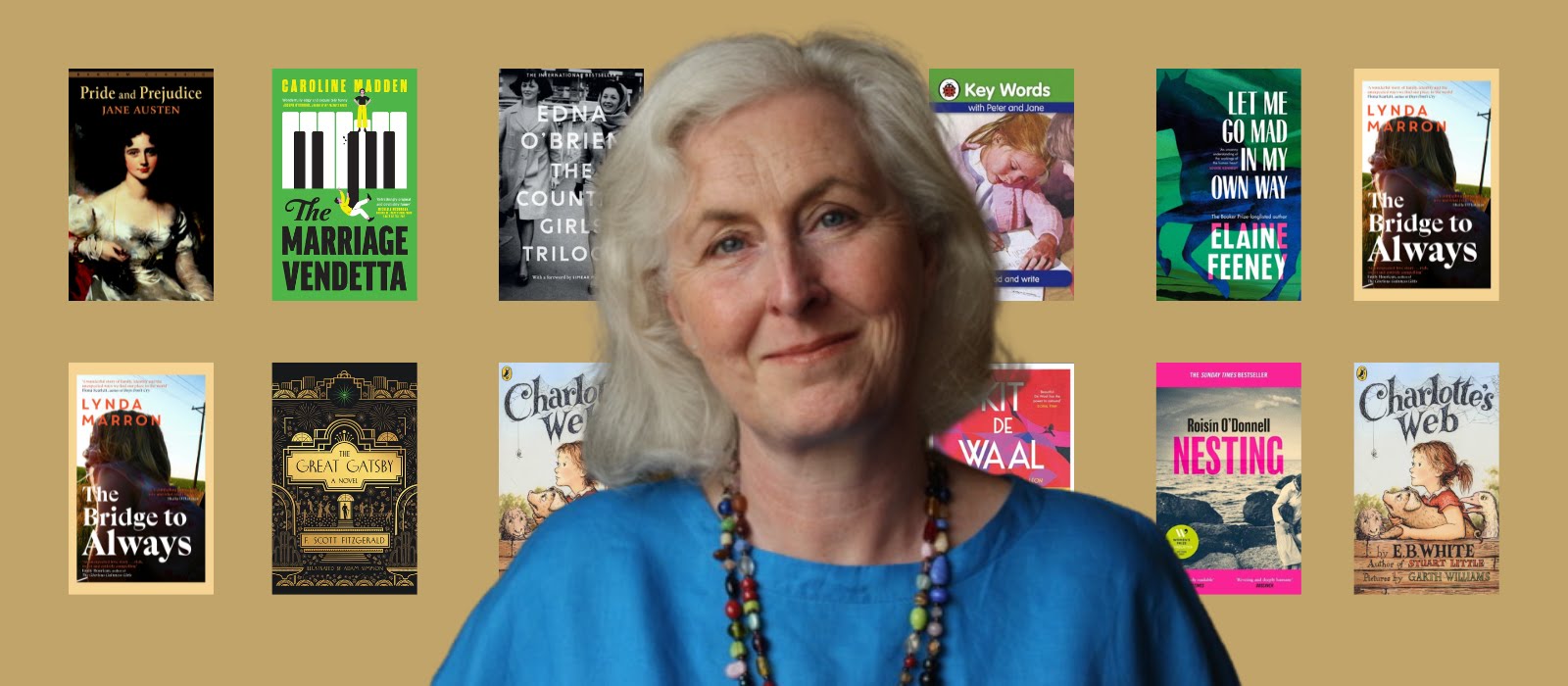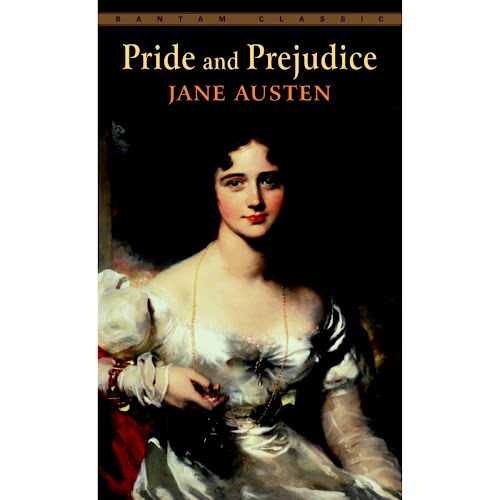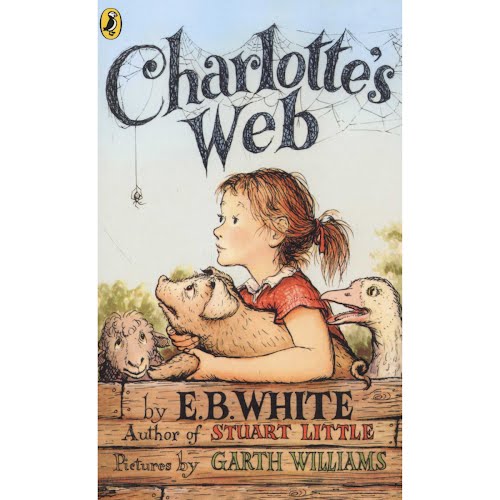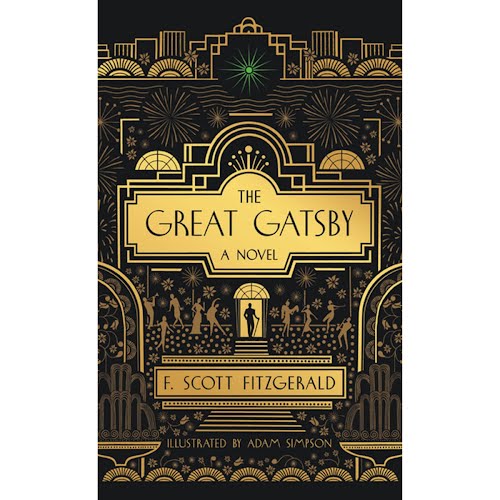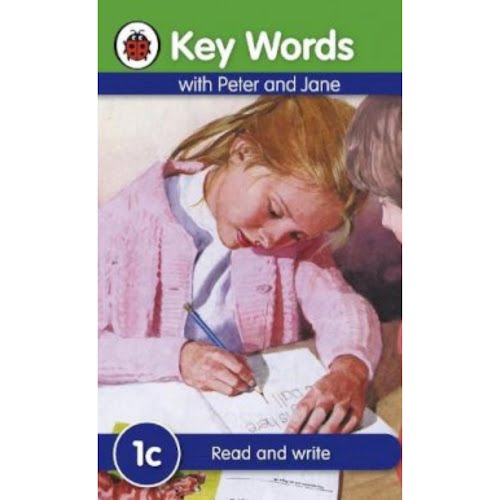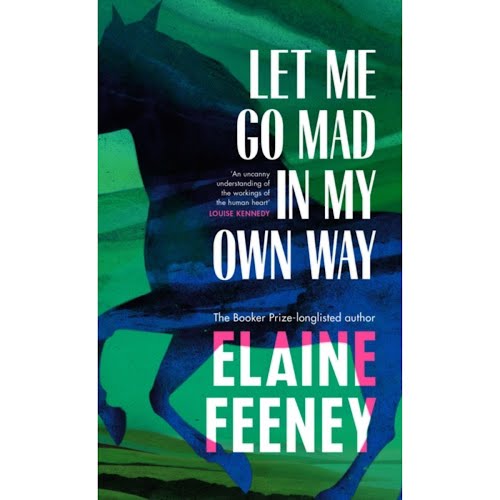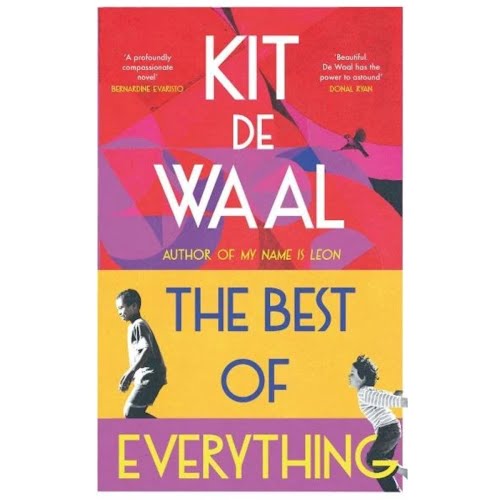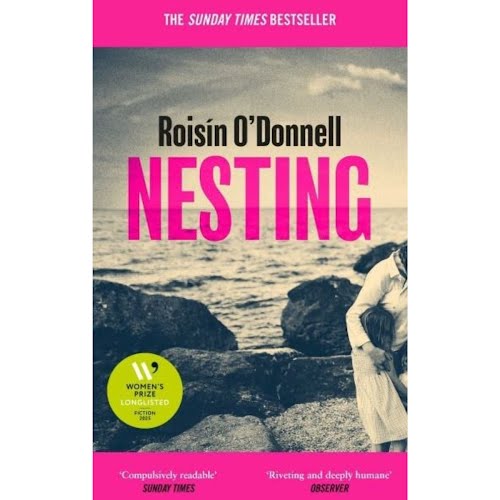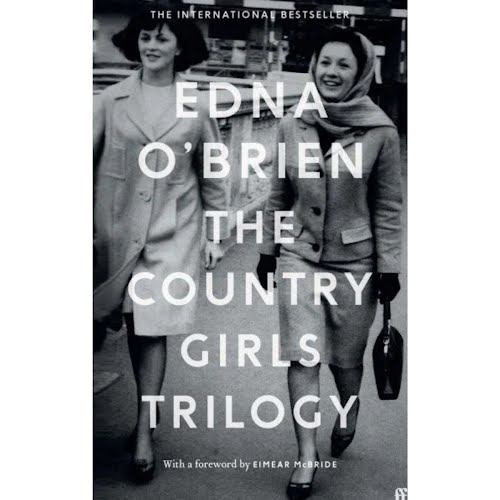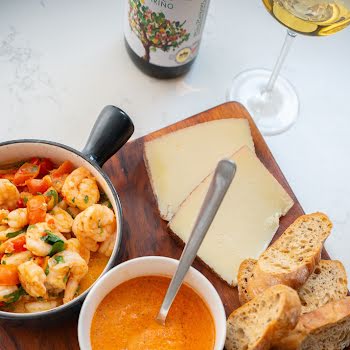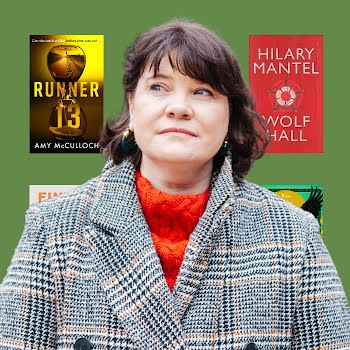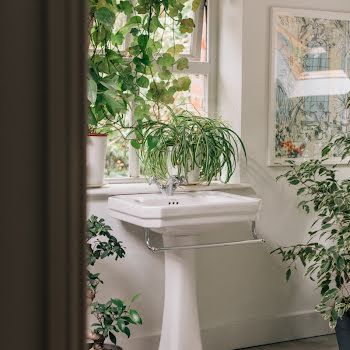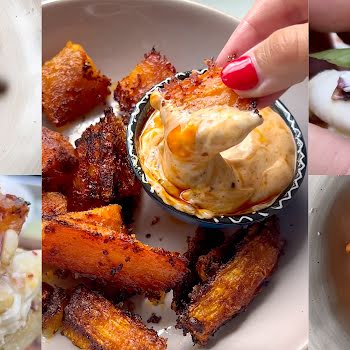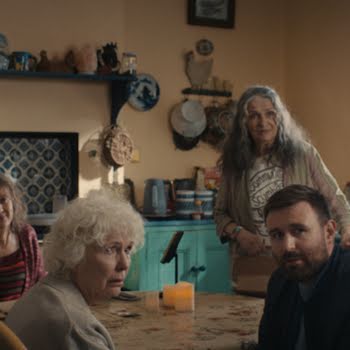Author Lynda Marron discusses her most beloved literary titles, sourcing of inspiration, and the way in which writing fiction feels like escaping gravity.
Lynda Marron grew up in a small town called Prosperous in Kildare before moving to Cork, where she is still based. Her debut novel, Last Chance In Paris was published last year.
Maeve Gaffney arrives in a small West Cork town in pursuit of a dream: to be reunited with Tim, the lad she fell for years ago and who, unbeknownst to him, fathered her daughter, Emer. For Tim, now married and a pillar of the community, Emer’s existence is a shock – but the chance to rekindle an old flame with her mother is tempting. For Agnes, a lonely landowner, Maeve and Emer’s arrival is an opportunity to make money — and maybe new friends.
For Malachi, a man of few words but deep emotions, it’s complicated. For Emer, it’s about growing up and finding her voice. For all five, the arrival of this beautiful, wild mother and her silent, observant daughter sparks a devastating chain of events none of them could have predicted.

Did you always want to be a writer? Tell us about your journey to becoming a published author.
Yes, I always wanted to be a writer, a novelist specifically, but I didn’t think I had it in me. I’d read a great book and think, bah, I’m not even close to good enough. At the same time, the desire to write was a thing I couldn’t contain. I wrote diaries, letters, emails, micro-stories embedded in Facebook posts. I couldn’t help myself. In a rush of emotion, I’d pour out my heart, then immediately curl up in a torment of mortification. Some good, kind friends told me I should write something, meaning a book of some sort, but it never stuck. Then, a few years ago, a friend wrote to me and worded it differently. One sentence: Lynda, you need to write something. That one word, need, struck home, because that was the truth of it. I needed to write a novel, or at the very least, I needed to find out if I could.
What inspired you to start writing?
It was late 1984 and I was twelve. Our first year (our first year and hers) English teacher set us an assignment. We were to keep a journal and — this was the important bit — we weren’t to write about what happened from one day to the next, we were to write what we felt. It occurred to me while I was writing The Bridge to Always that this book would never have happened were it not for that lovely teacher. Frustratingly, I can’t remember her name, but the book is dedicated to her. In one way or another, I’ve been writing my feelings ever since.
Tell us about your new book, The Bridge to Always. Where did the idea come from?
I set my first novel, Last Chance in Paris, in a place well away from home. It was a device that kept me from wandering too far onto what I think of as dangerous territory, by which I mean my own past. Second time around, and with a two-book deal in hand, I felt this might be my one chance to write the novel I really wanted to write, if only I could muster the courage.
It begins with a young woman, Maeve, and her daughter, Emer, moving from Dublin to Cork. Maeve is on a mission to claim the man she loves, a married man who doesn’t know he is Emer’s father. Emer, at nine, is mostly powerless, but slowly, slowly, she finds her voice. The Bridge to Always is not a true story, but all the feelings in it are true, as true as I could write them.

What do you hope this book instils in the reader?
I don’t set out to be didactic in my writing, but I do try to write stories that are uplifting. I think that life is hard. I’ve had dark days, black days, days when I was floored by anxiety. I find life really hard, and I don’t ever want to deny that. I’m not writing fairytales, but I hope to bring a bit of light.
In my own reading, my mood can be deeply affected by the tone of a book. Let’s say it takes three or four days to read a novel – that’s too long to be stuck with something that instils misery. More than anything, I want to write books that are enjoyable and leave the reader in a good mood.
What did you learn when writing this book?
I learned that I’m braver than I thought. Well, some days I am. Other days, I’m back with the mortification. I’m learning to keep writing, even when my courage is lost. I’m learning to believe I’ll find it when I need it.
Tell us about your writing process?
I sit down at a typewriter and bleed. Ah no, that was Hemingway, he said that. I have a Mac, and I cry a lot.
Where do you draw inspiration from?
A voice on the radio, breaking; a line from a song; a conversation from the seat behind me on the 208 bus; a painting that tells a story; things my kids say; things my dog does; my own worst fears.
What are your top three favourite books of all time, and why?
I’ve dithered for most of my life between Pride and Prejudice and The Great Gatsby for the top spot. I studied one for my Inter Cert, the other for my Leaving, so I suppose I spent enough time with them to fall in love. They set my standards, I think, for light and for dark, for happy endings and for tragedy. In terms of making me feel delight or despair, they’ve rarely been matched, never surpassed.
To choose a third most-loved book, I have to opt for something I have read with my children, because reading with them has been such pure joy. Charlotte’s Web by E.B. White is a perfect thing, perfectly plotted, perfectly executed, a perfect balance of dark and light. If I could write a book like Charlotte’s Web, I would probably die of pride.
Who are some of your favourite authors, Irish or otherwise?
Those mentioned above, obviously, and Dorothy Whipple, Kent Haruf, John Steinbeck, Louise Erdrich, Maggie O’Farrell, Hilary Mantel, Gráinne Murphy, Caleb Azumah Nelson, David Mitchell, Claire Keegan, Claire Kilroy, Fíona Scarlett, Lisa McInerney, Barbara Kingsolver… I could go on a while.
What are some upcoming book releases we should have on our radar?
A few weeks ago, I got my hands on The Marriage Vendetta by Caroline Madden. I was reading it in a café when the woman at the next table leaned over to ask what I was reading. She said she could tell how much I was enjoying it. It was kind of her, I thought, not to mention the fact that I’d just snorted my coffee.
I’ve enjoyed everything I’ve read by Kitt de Waal, so I’m keen to read The Best of Everything, and the title of Elaine Feeney’s upcoming release, Let Me Go Mad in My Own Way, is certainly calling my name.
What book made you want to become a writer?
Ladybird Key Words series, book 1C, Read and Write. I remember it, the kick of filling in the missing letters. I was hooked. I can’t explain why, but writing, even when the height of my achievement was filling a whole page of my red and blue-lined hand-writing copy with dozens of joined up letter Fs, has always made me feel good. I think it must be something in the wiring between my hand and my brain. I started at four. I liked it. I kept going.
What’s one book you would add to the school curriculum?
The Country Girls by Edna O’Brien. I didn’t read it until I was nearly fifty and wished with all my heart I’d read it much, much sooner. It’s a brazen romp of a book, courageous, open, shocking and fun. That the writing is superb goes without saying. That it was ever banned says so much of where we have been. To put it on the Leaving Cert, I think, would be a meaningful statement of how far we have come.
What’s the best book you’ve read so far this year?
Nesting by Roisin O’Donnell. I bet everyone you ask is saying that. I’m nothing if not unoriginal. I read it the first week in January and thought, I’d put money on this for Book of the Year. It’s a timely novel with a truly heroic protagonist, a scorching page-turner with the power of truth behind it.
What’s some advice you’ve got for other aspiring writers?
Don’t compare yourself to anyone else. It’s all horses for courses, and lots of people can’t stand Hemingway. Often, I need to remind myself to be real, to be brave, to cut anything that doesn’t sound like me, and to write shorter sentences.
Lastly, what do the acts of reading and writing mean to you?
They keep me sane. I don’t say that lightly. Reading, even if it’s only scanning the back of a cereal box, letting words wash over me, soothes me. It cools my brain. Reading novels, for me, is a route to learning, to a better understanding of how humans work, to feeling less alone. Normal people in everyday life don’t often reveal their inner thoughts, fears, hopes, and desires, but novelists do. Novelists let you in on the truth.
Writing is my emergency release valve. Always, when I have been at the point of cracking up, I have picked up a pen. It’s how I slow my mind for long enough to work out what I’m feeling. Writing fiction – God, I love it so much – it’s like escaping gravity.
‘The Bridge to Always’ by Lynda Marron (€13.99, ERIU) is on sale now.


